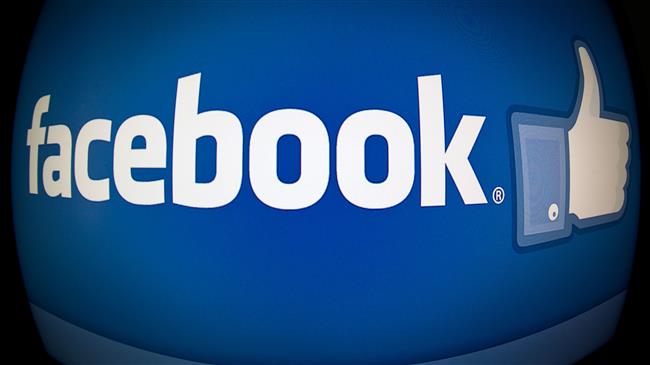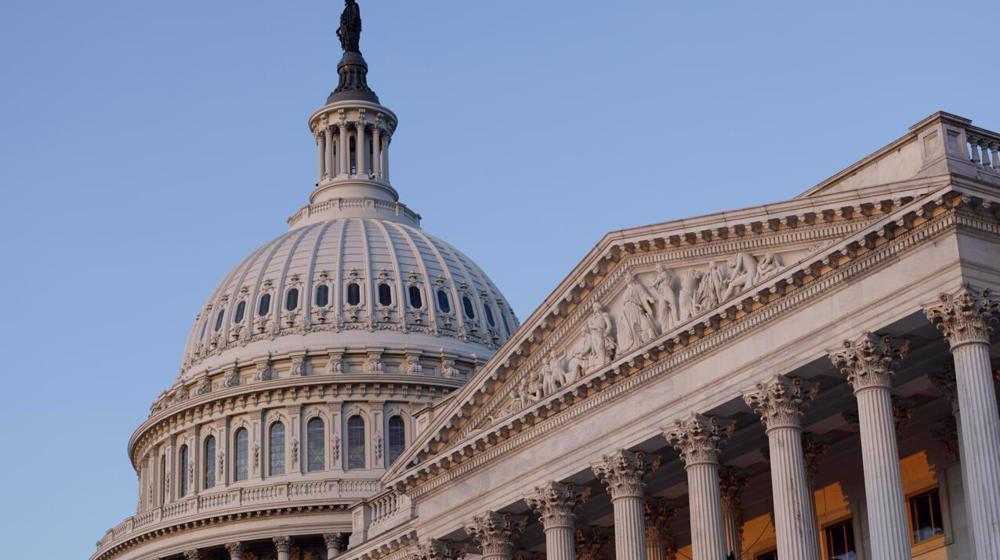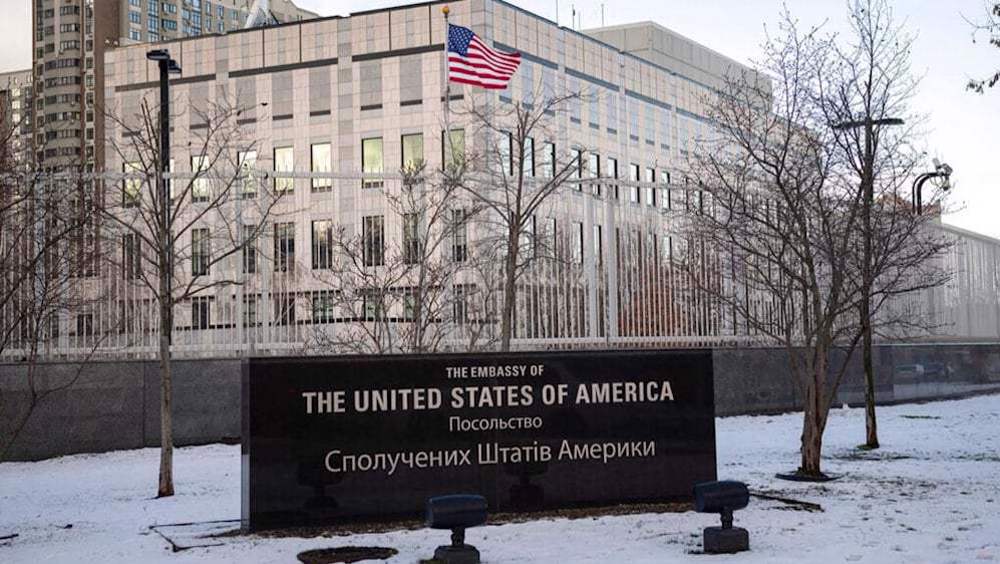Facebook says it identifies campaign to interfere in US elections
Facebook says it has identified and deleted pages and accounts on its website attempting to mislead its users and sow discord among voters ahead of the US congressional elections in November amid accusations of Russian meddling in the US voting process.
Facebook, the world's largest social media company with more than 2 billion monthly active users, said on Tuesday it had removed 32 fake accounts on Facebook and Instagram to combat foreign meddling in US elections.
Facebook officials on a call with reporters said one known account from Russia’s Internet Research Agency was a co-administrator of one of the fake pages for seven minutes, but the company did not believe that was enough evidence to attribute the campaign to the Russian government.
“It’s clear whoever set up these accounts went to much greater lengths to obscure their identities than the Internet Research Agency did in the run up to the 2016 presidential election,” said Facebook’s chief operating officer Sheryl Sandberg.
The company stopped short of identifying the source of the misinformation. But lawmakers in Congress who had been briefed by Facebook on the matter said the methodology of the influence campaign suggested Russian involvement.
“I can say I think with pretty high confidence I think this is Russian-related,” Senator Mark Warner, the top Democrat on the Senate Intelligence Committee, told reporters at the US Capitol.
Two US intelligence officials told Reuters there was not sufficient evidence to conclude that Russia was behind the Facebook campaign, but one noted that “the similarities, aims and methodology relative to the 2016 Russian campaign are quite striking.”
Russia has been accused of trying to influence the US election process. US President Donald Trump has repeatedly denied allegations that his campaign colluded with Moscow and has condemned the ongoing US federal investigations over the alleged meddling.
Facebook has faced several embarrassing scandals in recent months over concerns about user privacy tied to long-standing agreements with developers that allowed them access to private user data.
In April, Facebook revealed that the personal information of up to 87 million users was improperly shared by the US social media company with the now-defunct Cambridge Analytica, a political consulting firm that was based in London.
The data leak scandal has prompted investigations by the US Federal Trade Commission, Britain’s Information Commissioner’s Office and by some 37 US states.
US vetoing of Gaza ceasefire resolution ‘disgraceful’: Iran’s UN envoy
VIDEO | IAEA adopts anti-Iran resolution tabled by E3
VIDEO | Iran's president urges Pope to help end Israel's onslaught in Gaza
Iran's senior legal official: ICC arrest warrant for Netanyahu ‘great victory'
Nov. 21: ‘Axis of Resistance’ operations against Israeli occupation
VIDEO | Israeli forces storm West Bank’s Jenin again, target civilians
Iran activates advanced centrifuges after IAEA's 'unjust' resolution
VIDEO | Press TV's news headlines











 This makes it easy to access the Press TV website
This makes it easy to access the Press TV website